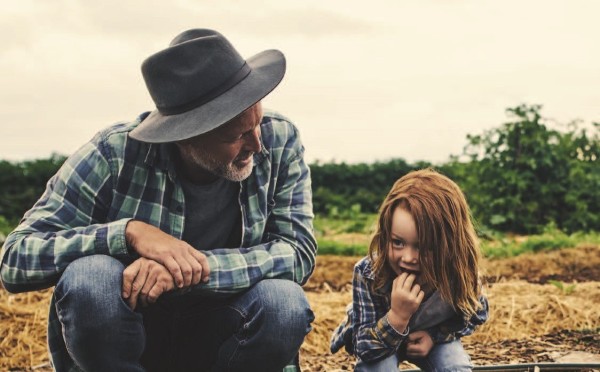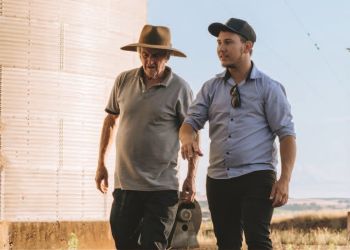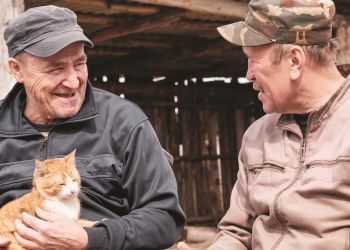Tuscarawas County Health Department serves a rural population in the Appalachia region of Ohio. During the COVID-19 pandemic, staff at the health department sought out key partners to connect with residents. “Our extra effort to reach our residents is what I’m most proud of from our pandemic work,” said Jennifer Demuth, Director of Health Promotion and Community Relations.
Early in the pandemic, health department staff realized they needed help reaching Spanish-speaking Latinos. At first, the health department was mainly sharing information on its social media pages — and in English — but Latinos weren’t visiting these pages, and many needed information in Spanish, Demuth said. So she connected with a member of Puentes, a local volunteer group that helps Latinos access community services and educates residents about Latino culture.
“Puentes worked with us to get messages about COVID-19 onto local Latino social media pages — and also translated fliers into Spanish and put them in churches and in local tiendas where Latino residents shop. Our partnership made it possible to get information to the places Latinos were already going,” Demuth said. Puentes volunteers also helped staff a community call center and conducted contact tracing with Spanish speakers.
Soon, other Spanish speakers — including Spanish teachers from local schools — were calling with offers to help. “Being in a rural community, people have such a heart for others. We just needed to make those first contacts, and as word got out, people began to come to us,” Demuth said. Another key partner was St. Joseph Catholic Church. “The church is a trusted resource for our Latino population, so seeing the church working with the health department helped grow Latinos’ trust in us,” said Natasha Yonley, Director of Prevention Services. “The church really helped with myth-busting about the vaccine” — including by sharing COVID-19 information in the church bulletin.
Health department staff used a similar approach to connect with older adults. When COVID-19 vaccines first became available, the health department quickly vaccinated about 25 percent of older adults in the county. But some older adults were hesitant to get a vaccine — in part because of misinformation spreading in the community.
So the health department turned to Tuscarawas County Senior Center, which created fliers promoting the vaccines. And on the fliers? Photos of local leaders, county commissioners, and other elected officials who had received the vaccine.
“That was so helpful,” Demuth said, “because community members could see these community champions — people they knew and knew well — saying, ‘I got the COVID-19 vaccine to protect myself and my neighbors.’”
While the community’s willingness to rally around the health department was certainly impactful, to Demuth and Yonley, it wasn’t a surprise: “In this community, folks look after each other,” Demuth said, “and when there’s a need, people find a way to provide support.”
Learn more about Tuscarawas County Health Department’s work: tchdnow.org, and read the profile here.
NACCHO’s COVID-19 Workforce Project supported Tuscarawas County Health Department’s emergency response efforts.
This publication was supported by grant # 6NU38OT000306-03-06 awarded to the National Association of County and City Health Officials and funded by the Centers for Disease Control and Prevention. The contents of this publication are solely the responsibility of the authors and do not necessarily represent the official views of the Centers for Disease Control and Prevention or the U.S. Department of Health and Human Services.









